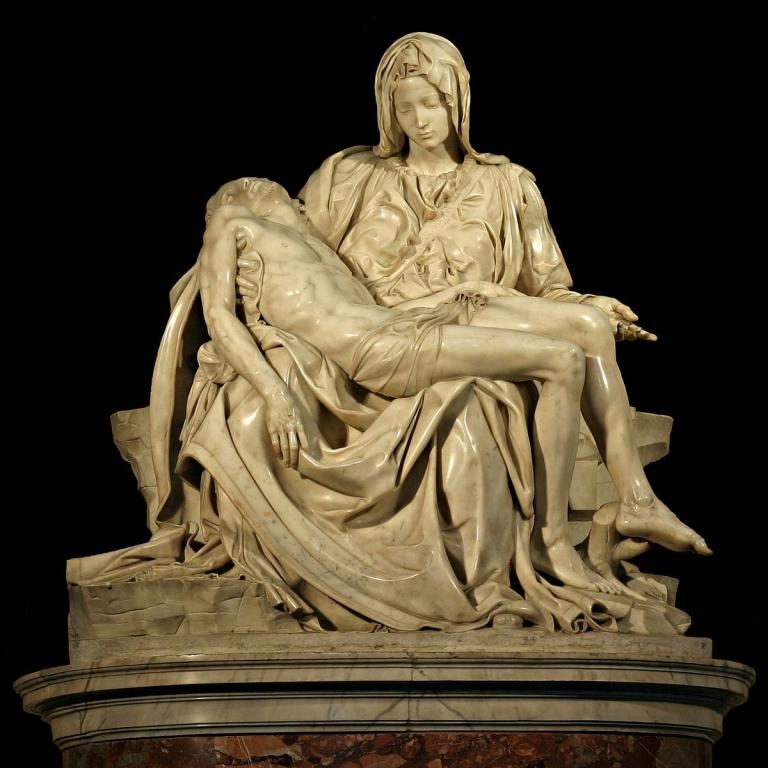
My faith is pretty raw—especially these days in the face of the unrelenting struggle of my son Christopher’s traumatic brain injury and comatose state. It reminds me of the moving film on my friend Marilyn Sewell’s life titled Raw Faith.
Not everyone has a movie on their life, nor a theme song performed by Sheryl Crow (“Love Will Remain”). My friend Rev. Dr. Marilyn Sewell practices what she preaches and teaches, including in her various writings, and she practices transparent, vulnerable, raw faith.
Marilyn has ministered to me these days simply by coming alongside me and entering my struggle, while also sharing her own painful struggle of faith. Her words have also provided comfort for my wife Mariko.
Some of my most cherished friends disagree with me on the nature of ultimate reality. As a Unitarian Universalist, Dr. Sewell is one of them. We have aired our keen differences respectfully in writing and on the air on the Trinity and Jesus, including our exchange in my volume Connecting Christ. But we have never aired or erred on the side of caution when it comes to honest engagement with one another. For all our theological differences, Marilyn and I don’t disagree on the nature of shared, vulnerable humanity.
There’s a time to speak and a time to remain silent, a point Ecclesiastes 3:7 also makes. And there are different kinds of speaking for various occasions. Words of encouragement, exhortation, empathy, and silent words of prayer. Also words of vulnerability. So many people, who have gone through so much themselves, have helped to keep my faith, hope, and love alive by their various forms of verbal and non-verbal life support these paths several months. Deep and abiding thanks to you all. Marilyn is no exception. My friend Marilyn has identified with me, indicating how what I am going through and enduring resonates with her. Mutuality is key.
Marilyn hails from the left side of Protestantism and I hail from the right side. But someone toward the center who wrote a book titled Christ the Center may connect us both. The Lutheran Pastor and theologian Dietrich Bonhoeffer who was executed under Adolf Hitler for his involvement in the resistance movement wrote another book titled Letters and Papers from Prison. Contrary to Eric Metaxas’s assessment, I find Bonhoeffer’s prison epistle central to his thought. Themes found within the book span his entire corpus of writing. What we find in Bonhoeffer’s prison letters and papers is a vulnerable deity and raw faith. What we don’t find there is a muscular god big on bravado.
From his reflections on Jesus being the God-forsaken God hung on the cross and his idea that only a suffering God can help to Jesus as the man for others and his poem “Who Am I?” Bonhoeffer presents us with some unnerving though deeply riveting and surprisingly comforting ideas in Letters and Papers from Prison. He highlights raw faith and vulnerable deity, whom Bonhoeffer encountered firsthand in his prison cell and as he hung in the gallows just days before the allies liberated his prison camp.
Jesus is the human person of sorrows who is familiar with suffering, who utters the cry of dereliction, who identifies most adeptly pastorally with tax collectors, prostitutes, and even sinners like me, as well as the orphan, widow, and alien in their distress. When I take his vulnerable deity with omnipotent weakness to heart, it awakens raw faith. As Bonhoeffer writes,
The same God who is with us is the God who forsakes us (Mark 15:34!). The same God who makes us to live in the world without the working hypothesis of God is the God before whom we stand continually. Before God, and with God, we live with God. God consents to be pushed out of the world and onto the cross: God is weak and powerless in the world and in precisely this way, and only so, is at our side and helps us. Matt 8:17 makes it quite clear that Christ helps us not by virtue of his omnipotence but rather by virtue of his weakness and suffering! (Dietrich Bonhoeffer, Letters and Papers from Prison, edited by John W. de Gruchy, translated by Isabel Best, Lisa E. Dahill, Reinhard Krauss, Nancy Lukens, H. Martin Rumscheidt, and Douglas W. Stott. Minneapolis: Fortress Press, 2010, page 479.)
As with meats, you will find warning labels posted about dangers associated with consuming faith that is raw. Sure, there are risks. But those risks far outweigh the dangers associated with overcooked and leathery religiosity. A tender faith and tender deity soften my hard and calloused heart and help me live again.












